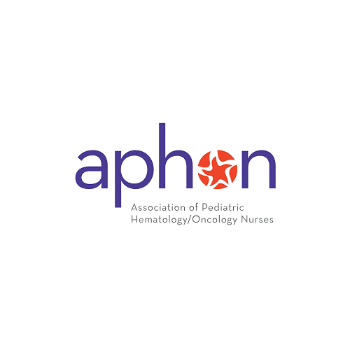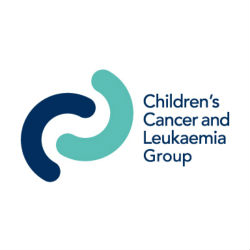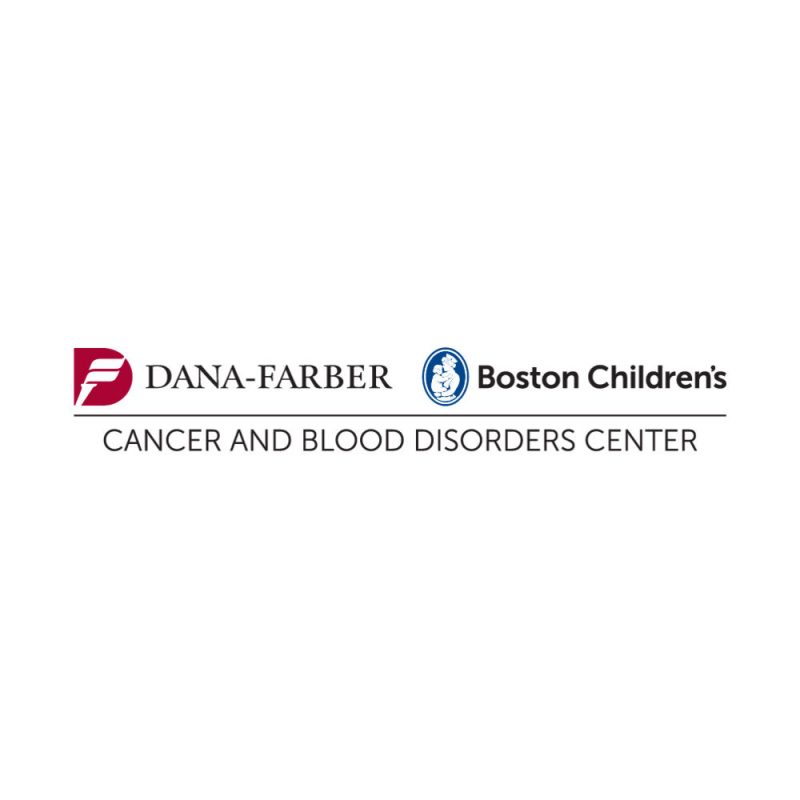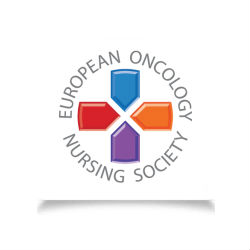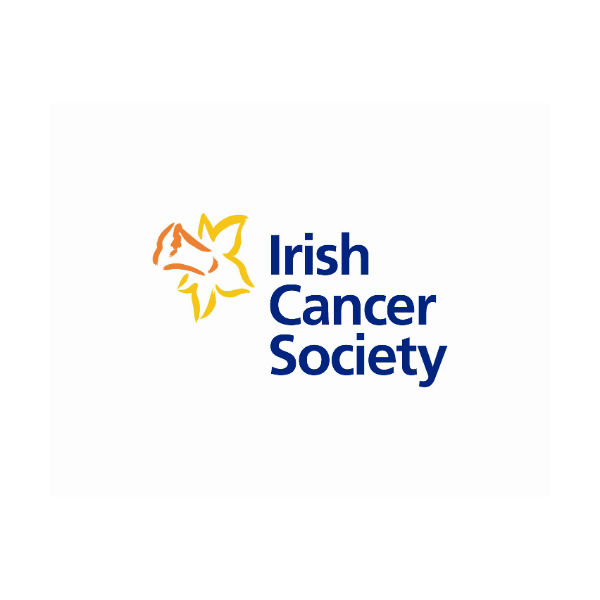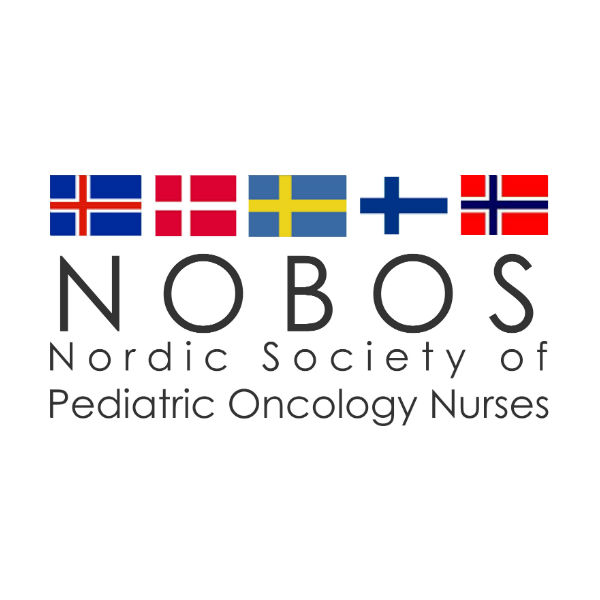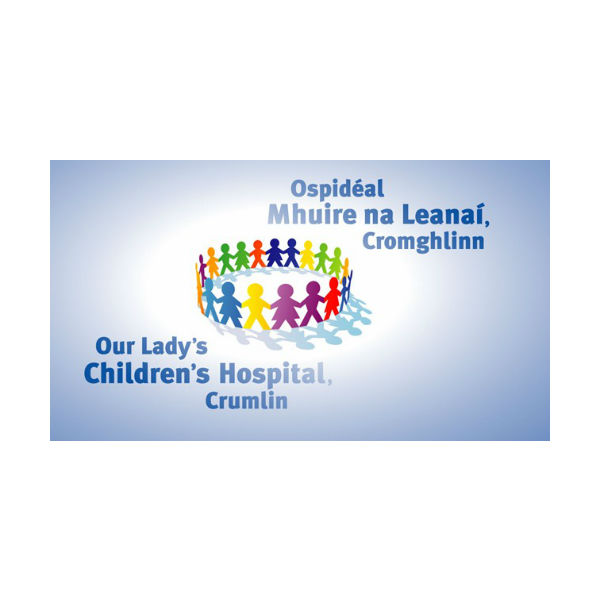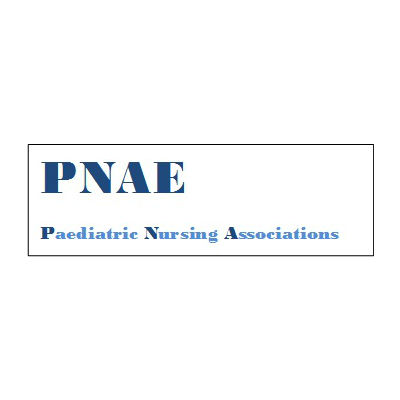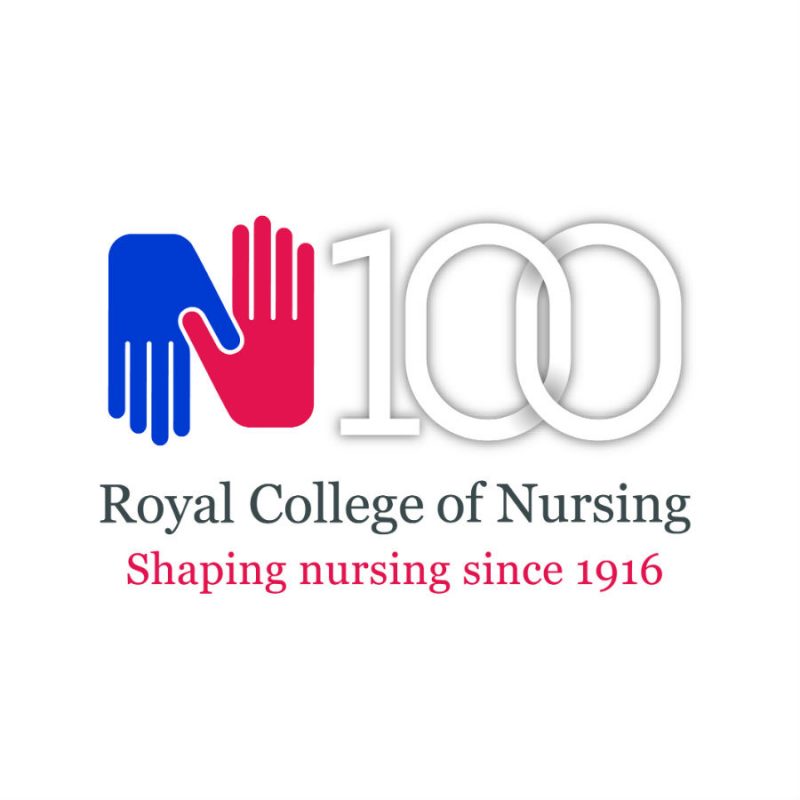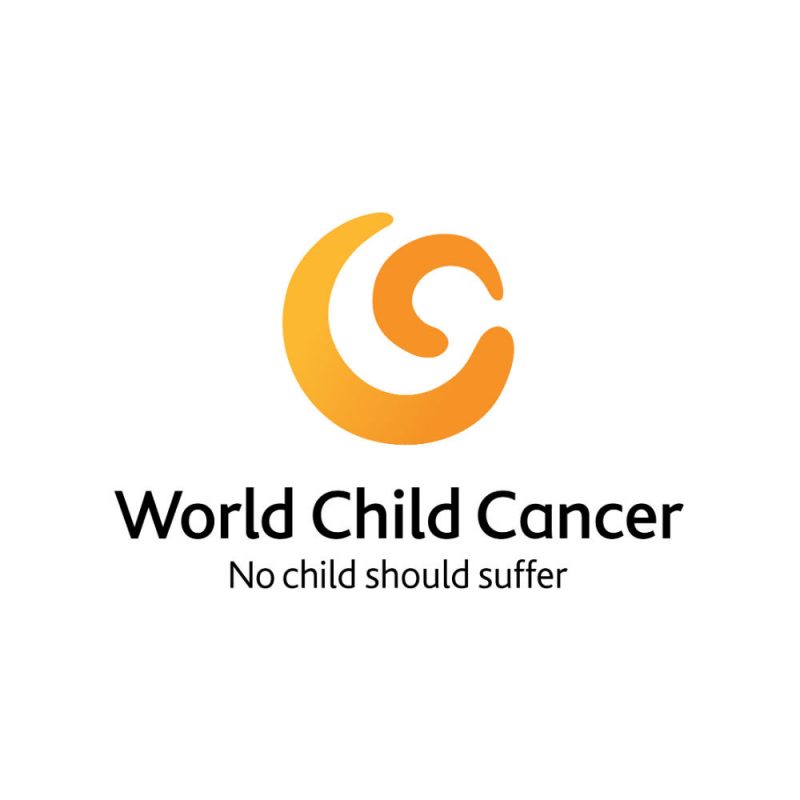The Baseline Nursing Standards for Paediatric Oncology in LMIC
Staffing Based on Patient Acuity
A nurse to patient ratio of 1:5 for paediatric oncology units and 1:2 for critical care and bone marrow transplant units is recommended. Nurses trained and experienced in pediatric oncology should remain within the service and not rotate.
Formalized Orientation
A formalized paediatric oncology orientation programme for new nurses. A minimum of 2 weeks theory/skills training in key topic areas and 3-4 weeks clinical observation is required. The programme should define specific learning objectives and include training in both theory and clinical skills, followed by 3–4 weeks of working with a skilled nurse. New nurses should successfully complete orientation before providing unsupervised patient care. The programme should include core topics including an overview of paediatric cancers, safe administration of chemotherapy and high-alert medications, transfusion safety, infection control and prevention,patient and family education, palliative care, and early detection and management of oncology emergencies.
Continuing Education
Continuing education and training to increase paediatric oncology clinical skills and knowledge. A minimum of 10 hours a year is recommended.
Multidisciplinary Teamwork
Acknowledgment of nurses as core members of the multidisciplinary paediatric oncology team. A nurse should be included in patient rounds and all meetings with patients and parents/caregivers regarding diagnosis and treatment plans.
Resources for Safe Care
Available resources for safe paediatric oncology care. These include intravenous pumps and hand washing facilities. Nurses should prepare chemotherapy drugs only if a pharmacist is not available and when provided with appropriate personal protective equipment.
Evidence - Based Practice
Evidence-based paediatric oncology nursing policies and procedures to guide the delivery of quality nursing care; funding for locally directed research in low and middle income countries to develop relevant nursing policies and procedures.



